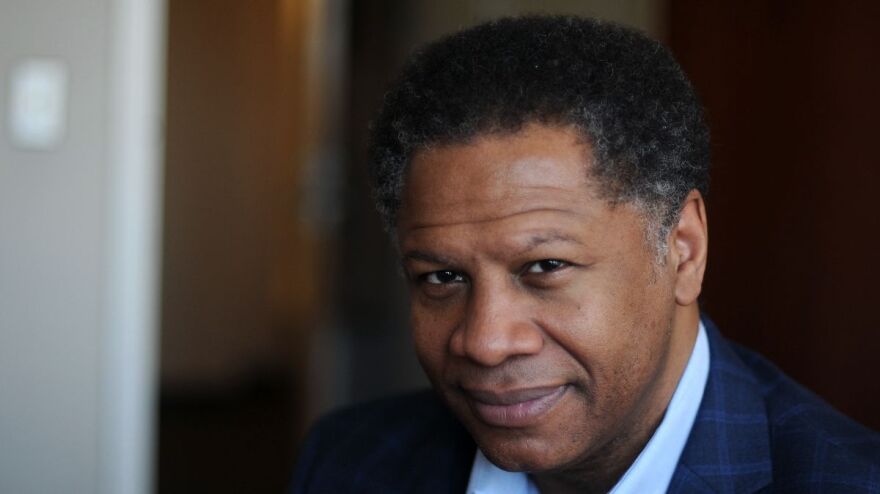Certain cancers could be eradicated in the 21st century, according to one of the Richmond region’s foremost experts on the disease.
Dr. Robert Winn, director of VCU Massey Comprehensive Cancer Center, recently spoke about the future of cancer treatment during an event hosted at the Science Museum of Virginia.
Early detection, early treatment and access to both will be part of the solution to eliminating cancer, Winn said at a Sunrise Science event earlier in June.
“The next frontier is happening now. That is vaccines — using the same mRNA vaccine technology and others, just the way we fought off COVID — we’re learning that we can use those same things to actually go after cancer,” Winn said.

Messenger ribonucleic acid vaccines, which send a signal to human cells to create antibodies, were used in the first COVID-19 vaccines. Doctors now believe they can use that same technology to target a variety of cancers — including pancreatic, colorectal and melanoma.
Last month, the U.S. Food and Drug Administration approved an investigational new vaccine that uses mRNA to treat Epstein-Barr virus related cancers. The approval allows the treatment to be used in human clinical trials.
Blood tests — or multi-cancer early detection — are another 21st-century tool being utilized to prevent the disease.
“What if we could just take a blood sample, maybe one tiny little drop, and see if you had circulating tumors or circulating cells that will indicate that you have cancer?” Winn said. “This, folks, is where we are.”
A single sample of blood can be tested for markers of certain cancers, and the results can predict who is at risk, identify someone in the early stages of cancer or assist in identifying the location of the cancer in a patient’s body.
Seventy percent of all cancer deaths come from cancers that are difficult to identify because there’s no way to screen for them, according to the American Cancer Society. Early screening could help oncologists decrease the rate.
“We’re able to actually say, ‘You have a signal that looks like it’s going to be cancer,’ then we find out that it’s early cancer,” Winn said. “We can intercept it before it becomes full blown cancer.”
Winn hopes this method of screening can help people living in rural areas with less access to medical care.
“We are in a brave new world where if the technology is right, we may be able to actually get more Americans screened even in some of the areas, like Danville, Virginia, where we can’t now,” Winn said.
The Massey Cancer Center is reaching out to educate the public about the latest tools in cancer diagnosis and treatment. And Winn’s talk at the science museum is just one way he and his Massey colleagues are getting the word out.
“We are going through not only print media and social media, but we’re … going into communities,” Winn said. “We’re going where people are to tell the message.”



